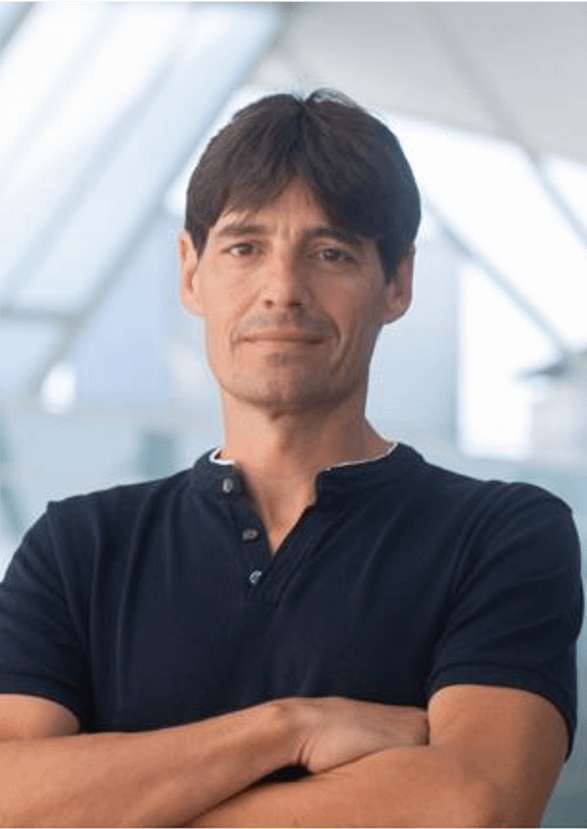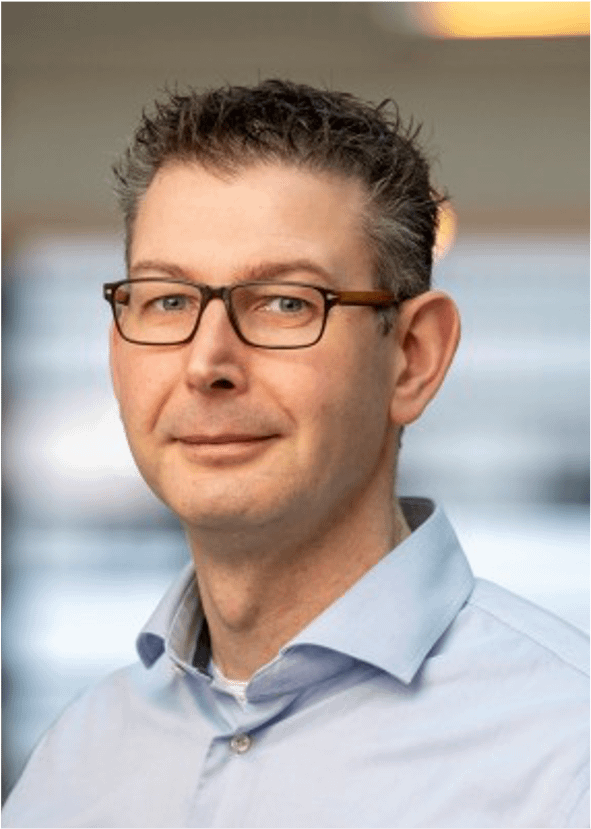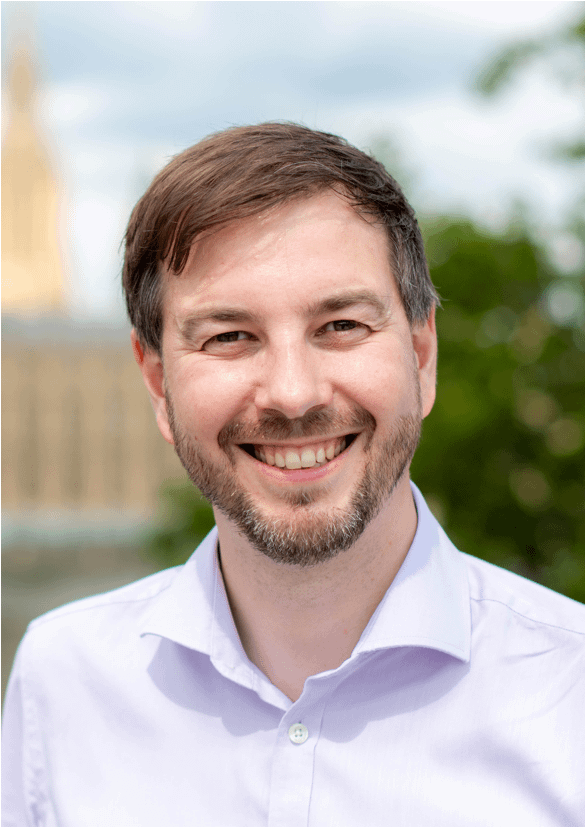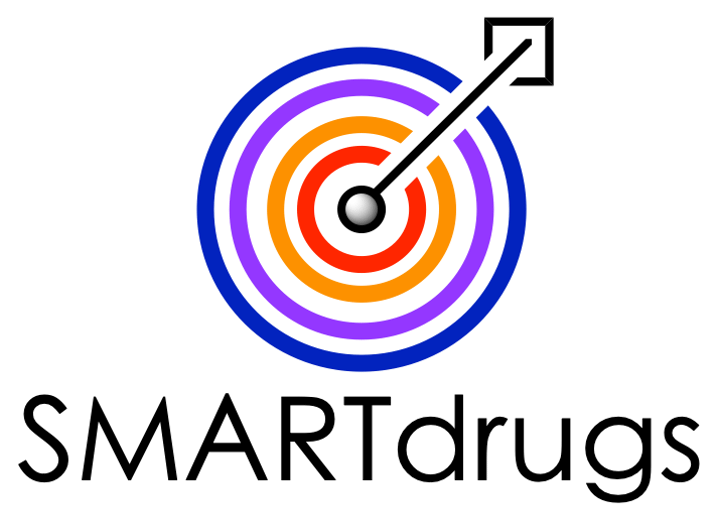Prof. Dr. Angela Casini

Professor Angela Casini completed her PhD in Chemistry at the University of Florence (Italy) in 2004, and, afterwards, moved to EPFL (Switzerland) as principal investigator funded by the Swiss National Science Foundation. Between 2011-2015 she was assistant professor at the University of Groningen (The Netherlands), holding a Rosalind Franklin Fellowship. Between 2015-2019, she was also Chair and Director of Postgraduate Taught Masters at Cardiff University (UK), before taking up her current position at TUM in 2019. At TUM, Angela is also Liesel Beckmann Distinguished Professor and Core member of the Munich Institute of Data Science (MDSI), as well as Associated Researcher of the Catalysis Research Center (CRC). Since December 2021, Angela is ad interim manager (kommissarische Leiterin) of the Chair of Pharmaceutical Radiochemistry at TUM.
Prof. Dr. Jason P. Holland

Jason Holland is from Yorkshire in the United Kingdom and received his Master’s degree (MChem) in Chemistry from the University of York in 2004. He then moved to the University of Oxford and completed his doctorate (D.Phil) in 2008 in the areas of inorganic synthesis, radiochemistry and computational chemistry under the joint mentorship of Prof. Jonathan R. Dilworth and Prof. Jennifer C. Green. After his doctorate, Jason moved to the USA and worked for two years (2008 – 2010) as a post-doctoral scholar in radiochemistry and translational molecular imaging under the mentorship of Prof. Jason S. Lewis at Memorial Sloan-Kettering Cancer Center in New York. Following this post-doctoral experience, he was awarded an ETH Fellowship and spent two years (2010 – 2012) working at the ETH Zurich and the Paul Scherrer Institute. He then returned to the USA and was appointed as junior faculty working as an Assistant in Chemistry in the Division of Nuclear Medicine and Molecular Imaging at Massachusetts General Hospital, Boston (2012 – 2014). At the same time, he also held a joint faculty appointment as an Instructor in Radiology at Harvard Medical School. In 2015, he worked in the Department of Nuclear Medicine at the University Hospital Freiburg as a Visiting Scientist. In April 2016, Jason began his research group as an Assistant Professor in the Institute of Inorganic Chemistry at the University of Zurich, funded by the European Research Council and a Swiss National Science Foundation (SNF) Professorship.
Dr. Jordi Llop

Dr. Llop has a multidisciplinary training and track record of experience in different disciplines, including chemistry, radiochemistry, in vivo imaging, and nanotechnology. His early training focused on the synthesis and characterisation of metallic complexes incorporating polyhedral heteroboranes (boron clusters). Post-doctoral appointments (at Navarra University and at Uppsala University PET Centre) and industrial experience at IAT-PRBB provided the opportunity to conduct clinical and pre-clinical drug-development research, gain experience of different in vivo imaging modalities and actively interact with big pharmaceutical companies. As an independent group leader at the Molecular Imaging Unit of CIC biomaGUNE (2007-present), Dr. Llop further developed and combined these skills to successfully apply in vivo imaging to biological and medical problems. In collaboration with national and international researchers and industrial partners, Dr. Llop’s group has focused on: (i) developing strategies to radiolabel small molecules, macromolecules (peptides, proteins, polymers) and nanoparticles, characterise their pharmacokinetic properties, and evaluate their suitability as therapeutic and/or diagnostic agents; (ii) investigate biological processes underlying disease (e.g. ischemia, Parkinson disease, Alzheimer disease, multiple sclerosis) using combined imaging modalities
Dr. Alex Poot

Alex Poot holds a PhD in Medicinal Chemistry from the Utrecht University. From 2009-2014 he was post-doctoral researcher at the VU University Medical Center (Amsterdam), where he developed targeted therapy PET tracers personalized anti-cancer therapy. In 2014 he accepted a research fellowship at Memorial Sloan Kettering Cancer Center in New York, where he studied tumor glutamine metabolism with HP-MRI. In 2015 he was appointed assistant professor at the Amsterdam UMC, where he continued with preclinical research towards PET tracers for personalized therapy and led the GMP PET tracer productions for clinical research.Since 2019, Alex is head of radiopharmaceutical sciences at the UMC Utrecht and Princess Máxima Center, where he leads a radiopharmaceutical (theranostics) research program for (pediatric) oncology. Since 2020 he also leads the clinical production team responsible for the routine production of all gallium-68 and Lutetium-177 labeled radiopharmaceuticals used at the Utrecht campus.
Prof. Dr. Tim Witney

Professor Tim Witney is a Professor of Molecular Imaging in the School of Biomedical Engineering & Imaging Sciences and Wellcome Trust Senior Research Fellow. Tim completed his PhD in the Department of Biochemistry at the University of Cambridge before completing two Postdoctoral Fellowships at Imperial College London and Stanford University. He started his own research group in 2015 at University College London before moving to King’s College London in 2018 to take up his current position. The Witney Lab designs and develops new positron emission tomography (PET) methods to image tumour biochemistry in vivo. Using a multidisciplinary approach, the group focuses on how these novel molecular imaging techniques can be used to non-invasively predict tumour response and resistance to treatment, with a view to translating these methods into the clinic. The identification of cancer patients that are refractory to the standard of care will allow the selection of alternative therapies that have the potential to improve patient response and survival.
Proudly powered by WordPress

